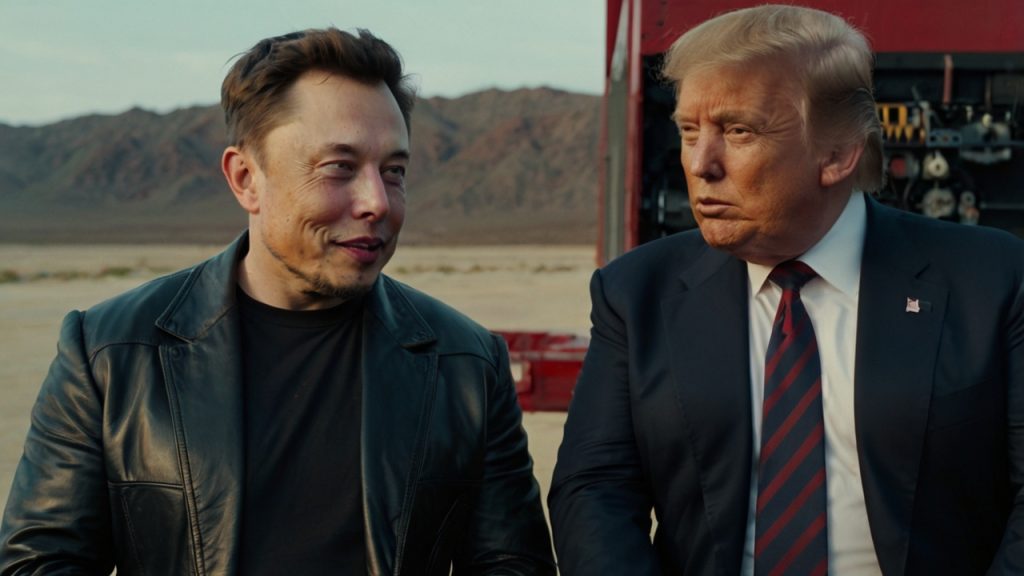Recently, Donald Trump endorsed Elon Musk’s idea of a government efficiency commission, claiming that a federal audit could reveal trillions of dollars in savings without sacrificing services. Trump continues to promote this concept, but critics argue the math is questionable and that such extensive fraud is unlikely within the federal government.
Trump has praised Musk as a master of efficiency, referencing his cost-cutting measures at X (formerly Twitter) as a potential model. However, neither Trump nor Musk has provided specific details on the cuts they would prioritize. The concept mirrors past efforts to combat “waste, fraud, and abuse” in government through commissions, which have often had limited success.
Former Secretary of Labor Robert Reich, a vocal critic of both Trump and Musk, dismissed the idea as unrealistic unless it involves substantial cuts to programs like Social Security, Medicare, and Medicaid, which account for nearly half of the federal budget. Reich and other Democrats believe that cutting these programs may be part of the agenda, pointing to Musk’s previous comments on the unsustainable nature of social safety nets.
Musk has hinted that he aims to address more than just government inefficiencies, expressing concerns over the rapid growth of government spending and regulations. He has cited his own businesses’ experiences with government regulation as an example. Musk’s broader ideas about reducing government bloat and even ending the Federal Reserve have raised concerns over potential conflicts of interest, especially if he were to shape policies affecting his own companies.
While the proposal has gained some support, including from the Wall Street Journal editorial board, critics argue that past commissions have struggled to make meaningful changes. Efforts to reduce debt under previous administrations have failed to prevent the national debt from surpassing $35 trillion. Reich notes that similar commissions have come and gone without significant outcomes, calling them more PR efforts than effective solutions.
Ultimately, Musk’s commission—if implemented—would face a significant challenge in delivering the sweeping savings Trump has promised, especially without affecting essential services like Social Security.
